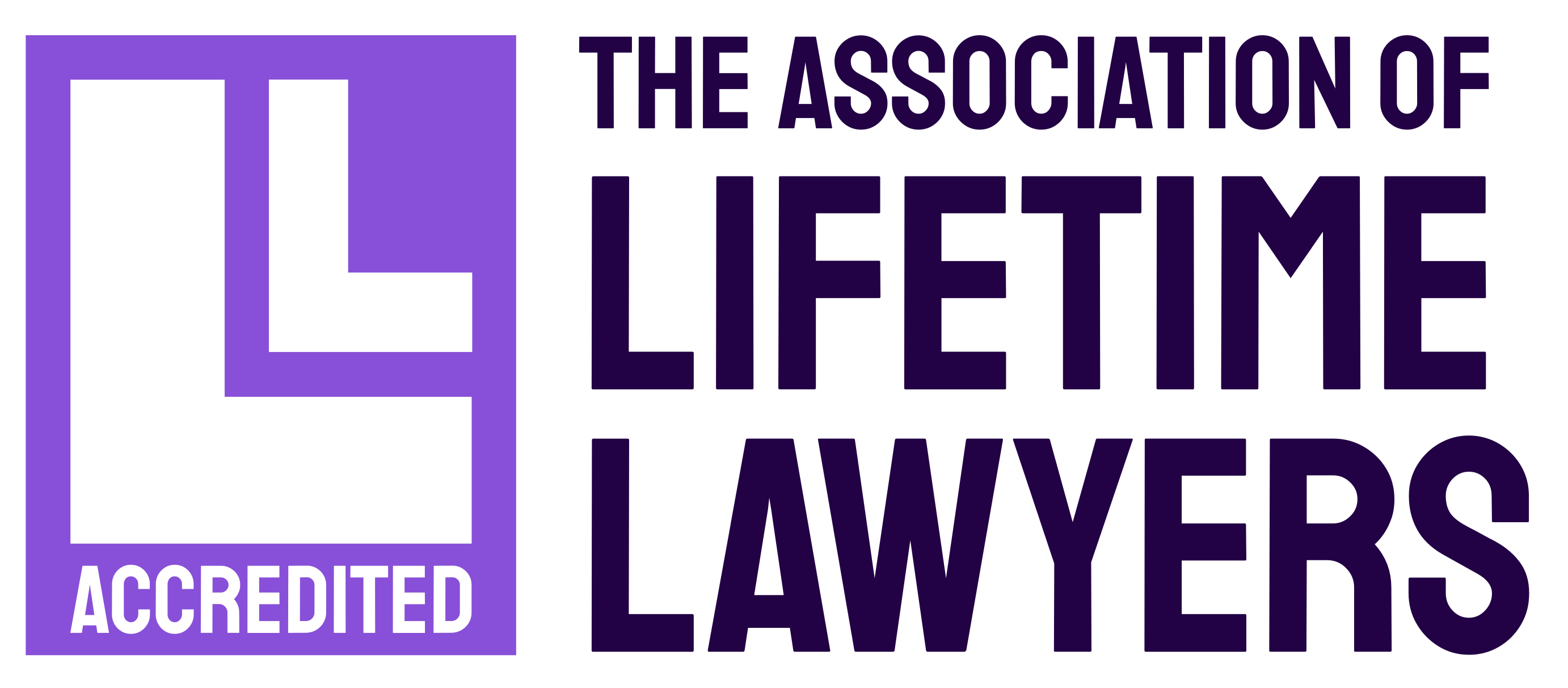News & insights
Avoiding unexpected costs
25th May 2019

Buying a property is an exciting time, however it is also a period where you are heavily reliant on experts to guide you through the numerous documents you need to complete and procedures that need to be followed. As a lawyer who specialises in residential property, I am conscious that clients are relying on me to ensure their transactions happen seamlessly, and to take some of the stress of moving away from them.
Recently, it was reported by the Solicitors Regulation Authority (SRA) in its Residential Conveyancing Thematic Review that 37 per cent of conveyancing specialists were not disclosing costs including administration fees, bank transfers, access to online portals and identification checks.
Solicitors are duty-bound by the SRA’s price transparency regulations to be open and honest about what our services cost, and we are legally obliged to display our prices clearly and in an easy to understand format on our firms’ websites.
As part of the regulations, the SRA prescribes several areas which must be outlined, including whether VAT is included in the cost, how cost is worked out, including hourly and fixed fees, any services not included in the quoted cost, and conditional fees which may be included.
While the results in the report were surprising to say the least, given the transparency regulations, they are the exception rather than the rule.
There are circumstances where the quote you are given at the beginning of the property buying process may be different to the cost at the end, as some transactions can be more complicated than they appear at the outset. A solicitor could give a quote in good faith, only to find that that the case requires more work than anticipated and costs justifiably increase as a result.
It is important that, when purchasing a property, you answer all the solicitor’s questions to the best of your ability, in order for them to generate the most accurate quote for you. This includes completing and returning any documentation quickly and with as much relevant detail as necessary.
A full breakdown of your quote should be provided to you, however if you are unsure about what you are being charged for, you should consult the firm’s website or speak to your solicitor directly.
The SRA also found that 23 per cent of firms it observed in the report had not adequately explained the difference between freehold and leasehold to clients, and more than a fifth of clients interviewed did not feel that additional charges, such as ground rent or service charges, had been disclosed to them at the time of sale.
It is a little difficult in just a paragraph to give a clear explanation of the difference between freehold and leasehold titles but, in very simple terms, if a property is freehold the property belongs to you in your entirety and you are free to deal with it as you please subject of course to any provisions in the deeds and planning and other laws and regulations.
If a property is held on a leasehold title rather than owning the property in its entirety you have a right to possession of the property for a specified period. This can be a very short length of time in the case of residential tenancies or a very long period such as a 999-year lease. The lease will set out stipulations, rules and regulations which govern your occupation. It is generally the case that flats or maisonettes are held on leasehold titles.
Remember, your conveyance solicitor is there to help you navigate your way through what can be a fraught time. Read your documentation carefully, ask questions when you need to, and ensure you have a clear breakdown of any costs and services.
Martin Williamson
Please note: This article is intended as guidance only. No responsibility for loss occasioned/costs arising as a result of any act/failure to act on the basis of this article can be accepted by Latimer Hinks. In addition, no responsibility for loss occasioned/costs arising as a result of any act/failure to act on the basis of this article can be accepted by the firm.

Martin Williamson




